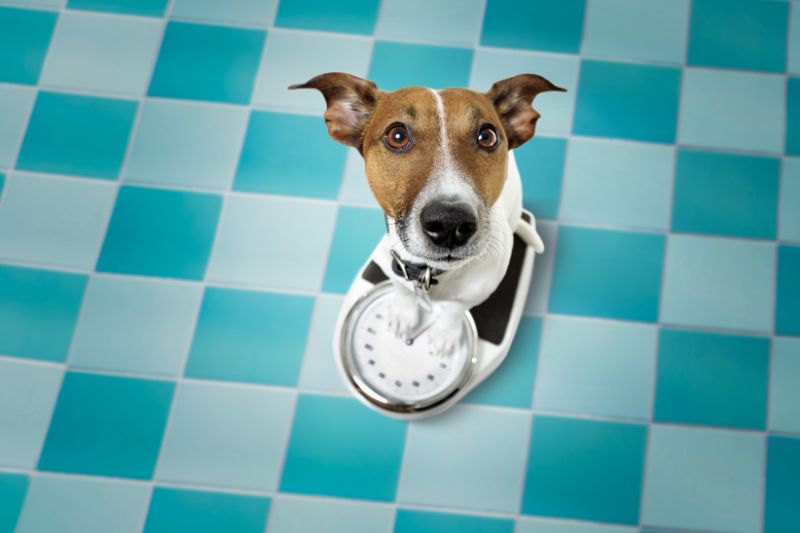The Highs and Lows of Diabetes in Pets
Diabetes is a condition that plagues millions of Americans, and chances are that you have encountered it in some form or another in your life. Many of our clients at Sunrise Boulevard Animal Hospital are surprised to learn, though, that diabetes is a real veterinary diagnosis as well. Keep reading to learn all about navigating diabetes in pets and what caring for an affected patient looks like.
Blood Sugar Basics
With approximately 1 in 500 dogs and cats being affected, diabetes in pets is something that many pet owners will encounter. Knowing the basics can help a diagnosis to be a little less intimidating when it happens.
Diabetes mellitus is the most frequently diagnosed form of diabetes in our pet patients. It is a disease of the endocrine system wherein either the pancreas does not make enough insulin to utilize ingested glucose or the body’s cells are resistant to the insulin produced, requiring abnormally high levels for normal function.
Under normal circumstances, insulin helps the glucose derived from food leave the bloodstream and enter the cells to use as energy. When this doesn’t happen, whether it be due to low insulin levels or insulin resistance, glucose remains in the blood.
Without glucose entering the cells, the body is forced to use other sources of energy despite having eaten. Diabete in pets most often results in symptoms which can include:
- Increased thirst
- Increased urination
- Increased appetite
- Weight loss even with a good appetite
- Urinary tract infections and/or accidents
- Cataract development
Untreated, diabetes can result in a very debilitated patient and even death. While other disease processes may have similar symptoms, it is important to let us know if you think your pet may have signs of diabetes.
Caring for the Diabetic Pet
Caring for the diabetic pet involves a little more work, but under most circumstances, it is very doable. While it is not curable, it is typically quite manageable.
Successful management of diabetes in pets does require:
Insulin therapy – Pets do not respond well to oral blood sugar medications that humans often take. This means that the management of diabetes in pets does require insulin injections, typically twice daily. This can be intimidating at first, but insulin injections are easily administered by most pet owners. In some cats, insulin may only be required for a short period before diabetes can be managed with diet and lifestyle changes, although remission is not always achieved.
Dietary management – Diabetic pets may benefit from a change in diet. Specific over the counter or prescription diets may be recommended to help achieve a healthy weight, optimize glucose metabolism, and encourage remission in cats.
Home monitoring – As the caretaker of a diabetic pet, your efforts in monitoring how your pet is doing is paramount in success. Besides keeping track of symptoms, some pet owners may also be encouraged to monitor ketones in urine, take spot glucose measurements at home, or collect readings on a temporary glucose reader.
Routine check-ups – It is important that we see your pet often as we strive to achieve regulation. Frequent blood sugar checks and curves will be needed initially. We also will need to see your pet often as diabetic pets require extra attention and are prone to other issues.
Your Role When it Comes to Diabetes in Pets
Because our pet patients don’t understand diabetes, they rely on you to provide them with the tools necessary to prevent it where possible and manage it if it occurs. There are definitely genetic factors that come into play when talking diabetes in pets, but there are also dietary and weight-related characteristics that come into play.
Protect your pet and help manage diabetes by:
- Encouraging exercise and encouraging a healthy lifestyle
- Feeding a high-quality diet
- Helping your pet maintain a healthy weight
- Keeping recommended wellness appointments for your pet
- Authorizing routine blood screenings
- Paying close attention to your pet’s normal habits
- Alerting us right away if your pet isn’t doing well
Despite our best efforts, sometimes pets develop diabetes anyway. Thankfully, though, even if this happens most pets respond very well to treatment. Even when it comes to diabetes in pets, when our team and your team work together, the results are incredible.

